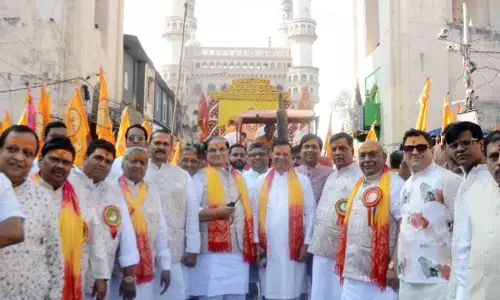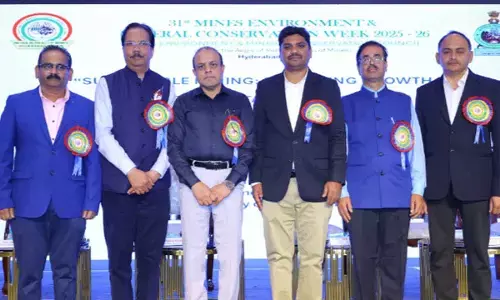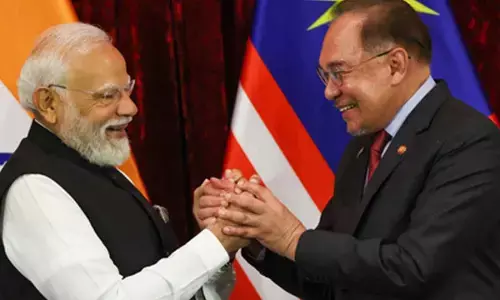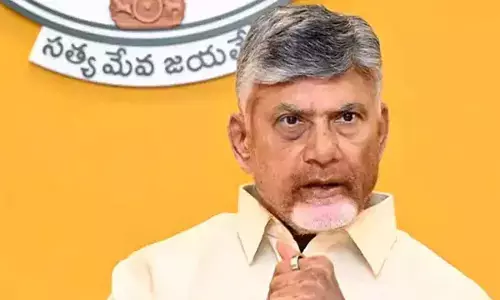A big push to MSMEs, start-ups

A big push to MSMEs, start-ups
Finance Minister Nirmala Sitharaman presented the fourth Union Budget on 1 February, 2022.
Finance Minister Nirmala Sitharaman presented the fourth Union Budget on 1 February, 2022. Given the pandemic situation, the budget attains more importance especially for the MSMEs and Start-ups. The seven priorities set forth by the Finance Minister focus on PM Gati Shakti, Inclusive development, productivity enhancement and investment, Energy transition and climate action,financing of investments. Do these priorities help the MSMEs and the Start-ups??
PM Gati Shakti Master Plan for Expressways to be formulated in 2022-23 will facilitate faster movement of people and goods. These expressways shall create more business opportunities in different locations and the micro, small and medium entrepreneurs can take advantage of the infrastructure that would be created through the building of expressways. PM Gati Shakti would also create more opportunities for the first generation entrepreneurs. Unified Logistics Interface Platform, continuation of expressways will lead to efficient movement of goods and services and reduce logistics costs and time. Inclusive development in terms of financial inclusion becomes essential for the MSMEs and the Start-ups to grow. In this regard, the Union Budget, 2022 rightly talks about including more post offices into the core banking system, online banking and online transfer of funds between post office accounts and bank accounts. Yet another possibility of inclusive development is to highlight upskilling and create more opportunities in digital entrepreneurship. Digital ecosystem for skilling the livelihood announced would cater to this requirement. This is an online programme aiming to skill, reskill, upskill citizens through online training. In addition, the government should also implement long-term strategies to include marginalised entrepreneurs along with women, rural-based entrepreneurs, youth and indigenous population.
Productivity enhancement is possible through productivity linked schemes as these would enable the MSMEs to perform better. Energy transition and climate action would favour the large industries more.
In case of financing investments, the welcome gesture by the Finance Minister is the extension of Emergency Credit Line Guarantee Scheme for small and medium enterprises till March 2023. This will help in reviving the industrial activity and supporting the MSME sector and also create demand for warehousing and logistic sectors. The guarantee cover has been extended by another Rs. 50,000 crores taking the total cover under the scheme to Rs. 5,00,000crores. Further, MSME's Udyam, e-Shram, NCS and Aseem portals would be interlinked, and their scope widened.The proposal to revise the Special Economic Zones (SEZs) Act with a new legislation was long awaited by the industry and also the MSMEs. This would help in export competitiveness and in improving the utilisation of assets of SEZs. Nevertheless, what is to be seen is whether the new legislation aligns with global requirements, encourages SEZs in new and forthcoming sectors and whether it is able to meet the supply chain demands of the industries. Overall, the government has taken initiative to revitalise the MSME sector that has been severely affected by the COVID-19 pandemic.
The writer is a Associate Professor, Dean, Division of Graduate Studies, CESS, Hyderabad














